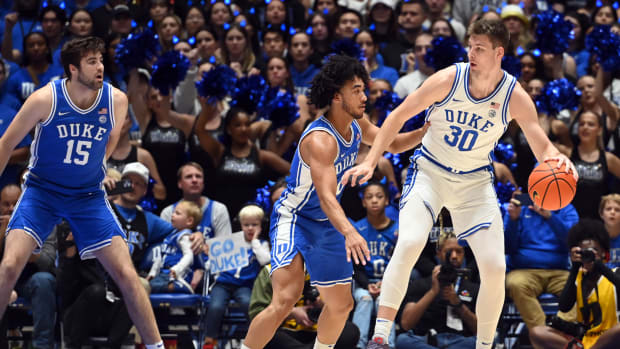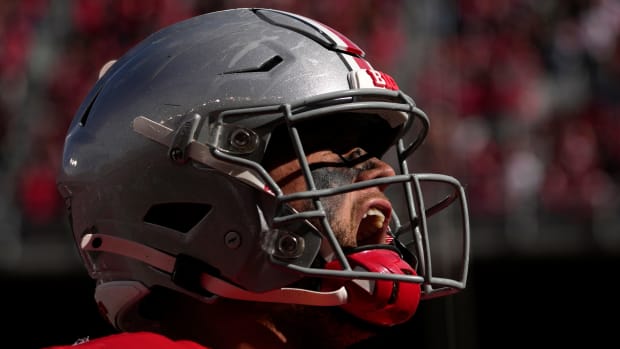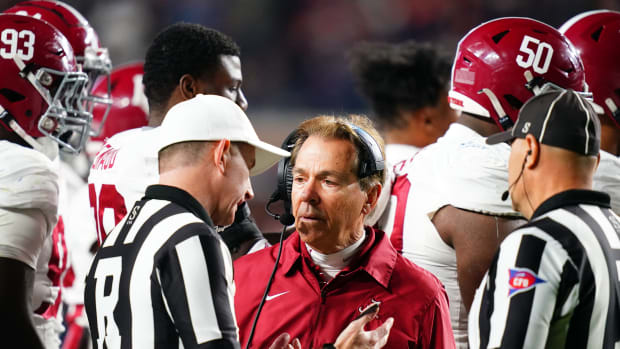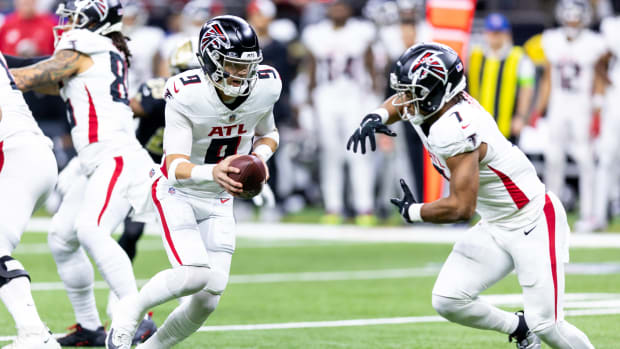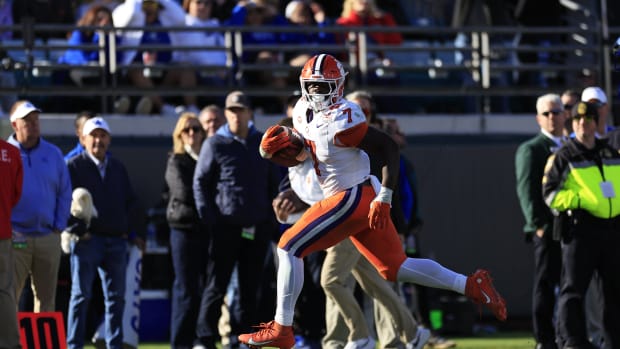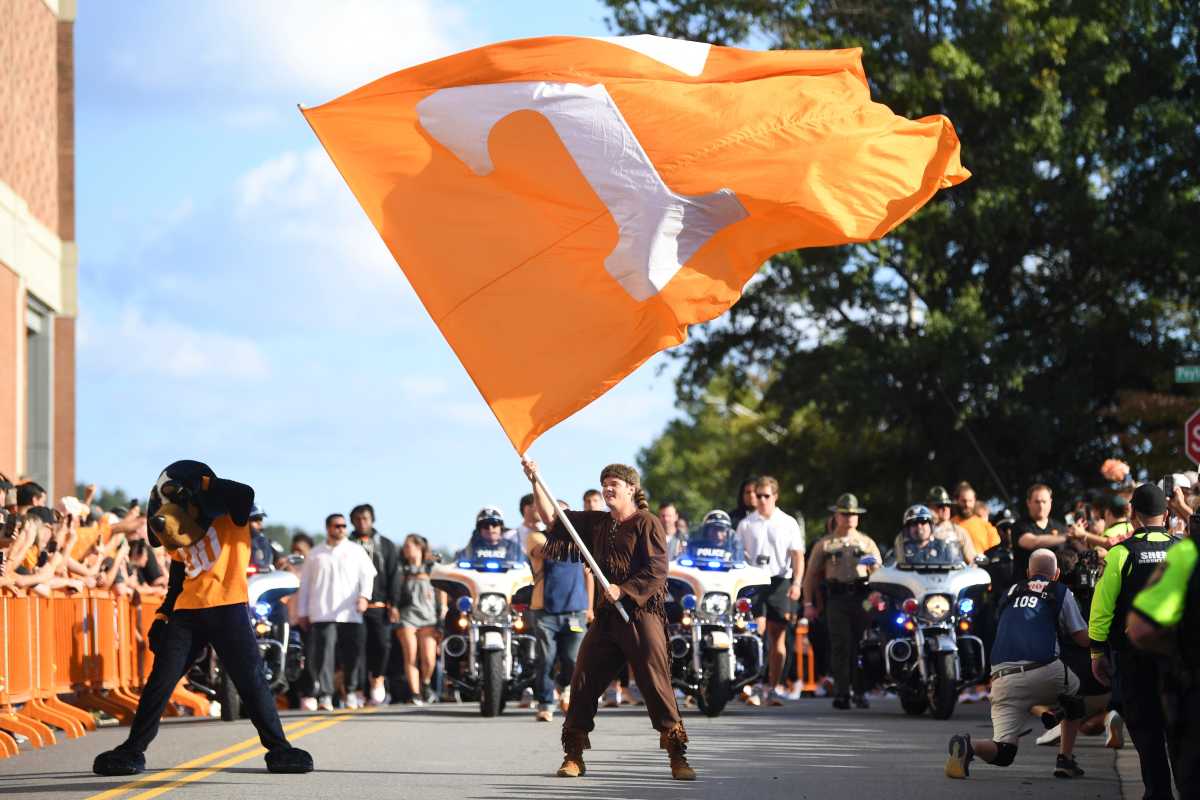
Tennessee and Virginia File Lawsuit Against NCAA over NIL Enforcement
The Attorney Generals of Tennessee and Virginia have jointly filed suit against the NCAA, claiming that the enforcement of their NIL policy violates federal antitrust law. The complaint, filled in the United States District Court for the Eastern District of Tennessee, alleges that the “NCAA has started enforcing rules that unfairly restrict how athletes can commercially use their name, image, and likeness (better known as “NIL”) at a critical juncture in the recruiting calendar. These anticompetitive restrictions violate the Sherman Act, harm the States and the welfare of their athletes, and should be declared unlawful.”
The lawsuit is based around an ongoing NCAA investigation of the University of Tennessee’s and their collective, Spyre Sports Group, which was reported to have violated the NCAA’s NIL policy that forbids discussions with prospective student athletes regarding NIL compensation. The current NCAA policy aims to reduce inducement and curb the proxy-free market agency created by the transfer portal. Tennessee’s posture remains that they have been fully compliant with NIL regulations.
Tennessee’s Chancellor, Donde Plowman, has not held back, in a letter addressed to the NCAA she claims that the “NCAA’s allegations are factually untrue and procedurally flawed” and goes on to call out the NCAA’s unclear guidelines, utilizing the words from the NCAA from a recent Congressional hearing where they admitted their guidelines were “inconsistent and unclear, and the ambiguity has filled schools, student-athletes, and collectives with uncertainty about how to follow the rules.”
Further lambasting the current NCAA policy, Plowman wrote, “It is intellectually dishonest for the NCAA staff to issue guidelines that say a third-party collective/business may meet with prospective student-athletes, discuss NIL, even enter into a contract with prospective student-athletes, but at the same time say that the collective may not engage in conversations that would be of a recruiting nature.” Put simply, meeting with a collective is inherently of a recruiting nature, by allowing one, you must allow the other, any other formulation subjects schools to disparate enforcement of NIL policy.
It was only a matter of time before the NCAA was challenged on its NIL policy, this was likely a large part of why NIL enforcement was so limited until the past month. Just weeks ago, the NCAA levied its first significant penalty for NIL violations against Florida State. With the addition of the current investigation of Tennessee, the governing body has signaled it is ready to become an enforcer. Now that the NCAA has decided to lay its hammer down, it will be in the courts hands to determine whether the NCAA’s authority is just.
The Sherman Act, specifically section 1, which the plaintiffs allege has been violated, outlines restrictions against collaborative efforts to restrain trade. Section 1 of the Sherman Act has been the impetus for virtually every major policy change in the NCAA: Board of Regents of Okla. v. NCAA removed the NCAA’s monopoly on TV broadcasting rights, O’Bannon v. NCAA ended the unlicensed use of athletes NIL and paved the way for Alston v. NCAA which removed restrictions on academically related expenses and forced the NCAA’s hand into changing NIL policy.
If you want substantial change to NCAA policy, the only way that has been proven to be effective is going to federal court with an antitrust claim. Over the past year, the NCAA has been slapped with several antitrust lawsuits. Most notably, a challenge -- also boasting a plaintiff class of state attorney generals -- looks to remove NCAA transfer restrictions.
The aforementioned lawsuit, based around West Virginia basketball players, was recently joined by the U.S. Department of Justice, signaling a strong federal interest in the case. The Biden administration has had a notably aggressive approach to antitrust enforcement. At least for the next year, the DOJ will remain very interested in actions being brought against the NCAA. While the Tennessee case is in its infancy, it would not be surprising to see the DOJ once again join in a suit against the NCAA, bringing their vast resources and highly skilled federal attorneys with them -- an unfavorable situation for the NCAA.
Both the West Virginia and Tennessee cases have strong implications for the NCAA. If one or both challenges are successful, the NCAA will be significantly crippled. In a regime where the NCAA is unable to enforce their rules on NIL or their student-athlete transfer policy the proxy-free agency that has been loudly criticized by fans of the sport will only be catalyzed.

